Preventing and treating common chick illnesses can be tricky. But with herbs and natural remedies, it’s absolutely attainable.
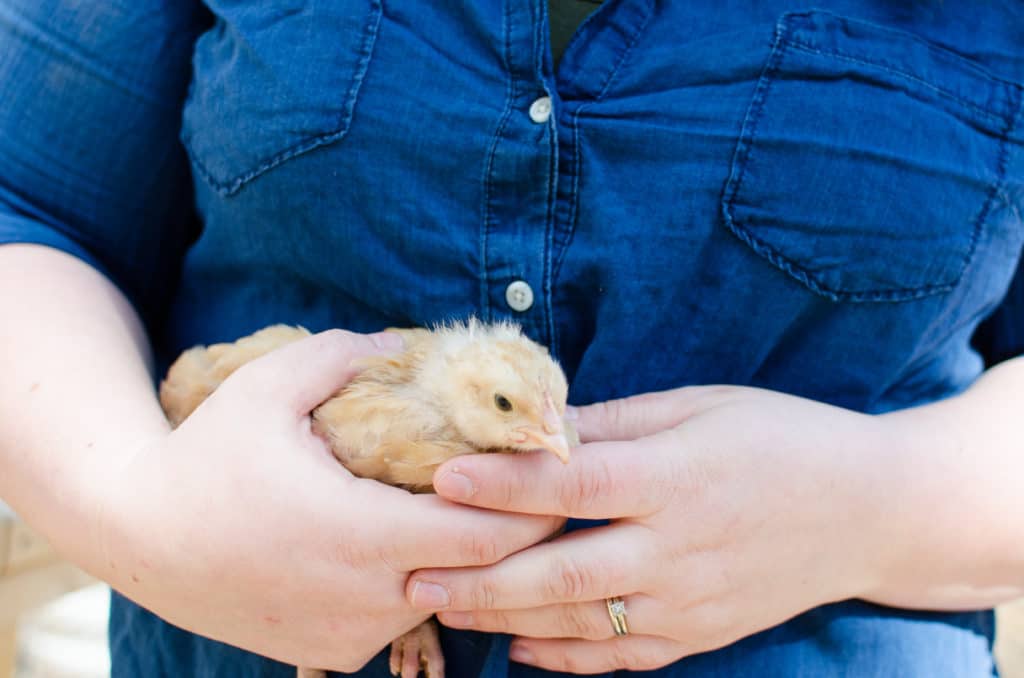
As with any animal or human, we sometimes worry most about how to naturally treat an illnesses. Especially when it comes to chick illnesses. What if they get sick? Is it possible to treat an illness or bacterial infection with natural remedies? While the answer isn’t as black-and-white as you may think, there are quite a few ways to help prevent illness and disease in your little flock. Should they contract an illness or ailment, I have some natural remedies for you as well.
Let’s go over three common chick illnesses and how you can treat and prevent them.

Coccidiosis
One of the most common illnesses in chicks, this bacteria is vicious once it infects them, and it spreads like wildfire. Chicks and chickens can contract coccidiosis (or, cocci) through everyday foraging or in wet foraging areas. Symptoms include bloody feces, loss of appetite, pale wattles and combs, acting chilled or huddling together, diarrhea, dehydration, and lethargy.
Chickens typically become immune to the coccidiosis bacteria once they have gotten it, so try to breed for resistance from those chickens in the future if you have a breeding program. It’s also important to understand that chicks, at some point, need to come into contact with cocci in order to build up immunity. Add clumps of dirt to your brooder from day one to help naturally introduce the bacteria to them.
Prevention:
Keeping your chick’s bedding and foraging area clean and dry is important. Cocci typically spreads through excessively wet bedding or living conditions, where the bacteria can live and grow. I give my chicks a natural “electrolyte” mixture of garlic, raw honey, and thyme in their waterer, as a cocci preventative almost daily, until their immune systems are strong enough to combat it on their own. Apple cider vinegar in their waterer helps as well.
Treatment:
Wormwood, garlic, chicory, and black walnut hulls all have antiparasitic and antibacterial properties. Create a tincture out of these to keep on hand when you need it.
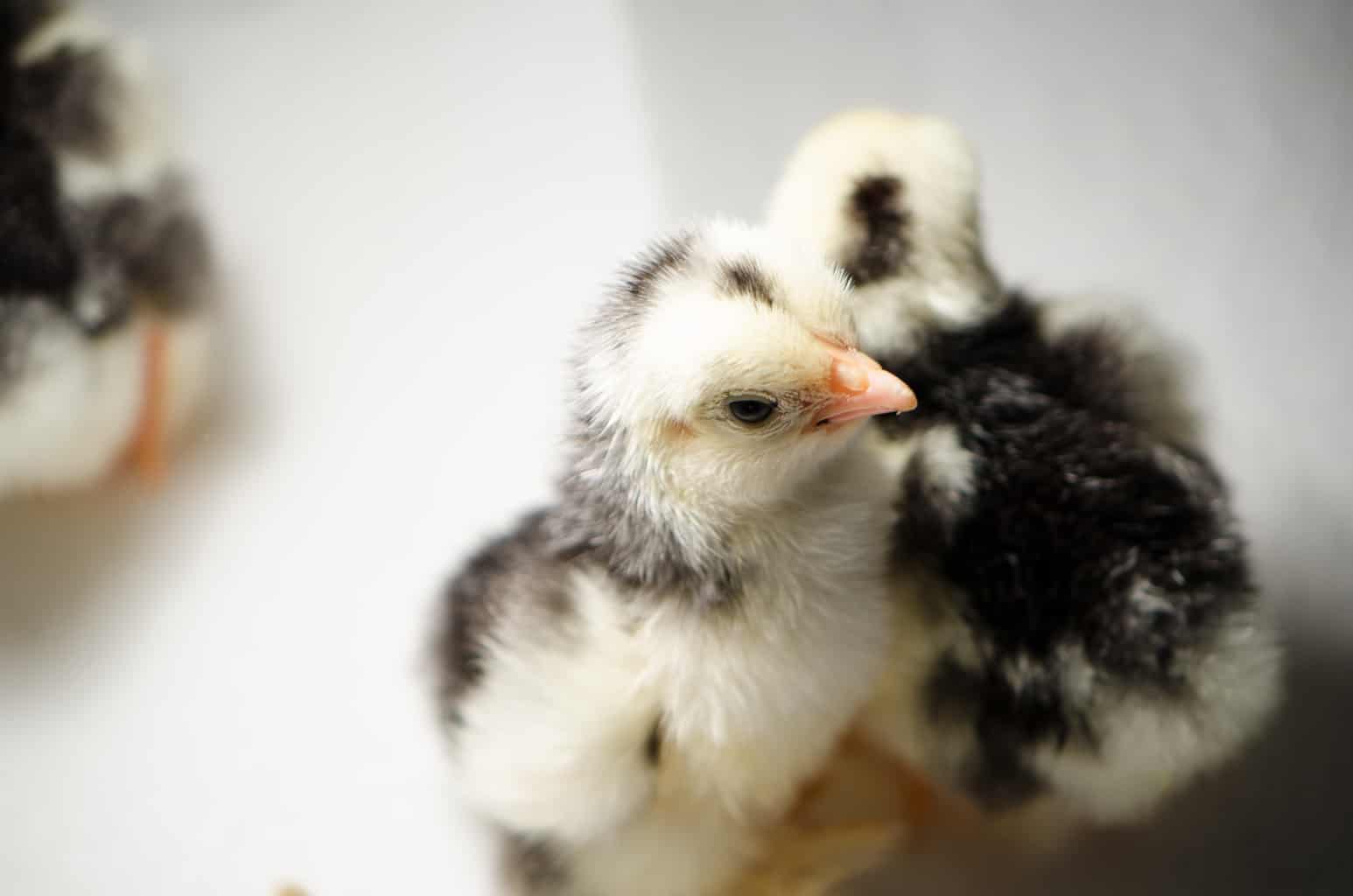
Pasty Butt
This is the most common chick illness that almost every single chicken keeper will have to deal with at some time or another. Pasting occurs when chicks become stressed, either from not having the proper diet or heating conditions, or from having too much sugar or additives in their waterer. Symptoms are very specific and noticeable, including feces stuck to the feathers and vent of the chick. It will start as a runny dropping, but then harden into a large glob. If left untreated, it can cause death.
Prevention:
Create a stress-free brooder by making sure your chicks are always warm enough and getting enough nutrition. Offer apple cider vinegar and astragalus to their waterer to help them adapt to stress. Use my herbal salve recipe to put around their vents to prevent pasting from occurring.
Treatment:
The treatment for pasty butt is very simple. Wet the area where the feces is stuck and gently pull off all of the fecal matter once it begins to naturally loosen from the vent. Put a bit of herbal salve or antibacterial ointment on the vent to help soothe and prevent more sticking from occurring. Add apple cider vinegar and astragalus to their waterer to help them adapt to stress if you’d like, though this is not required.
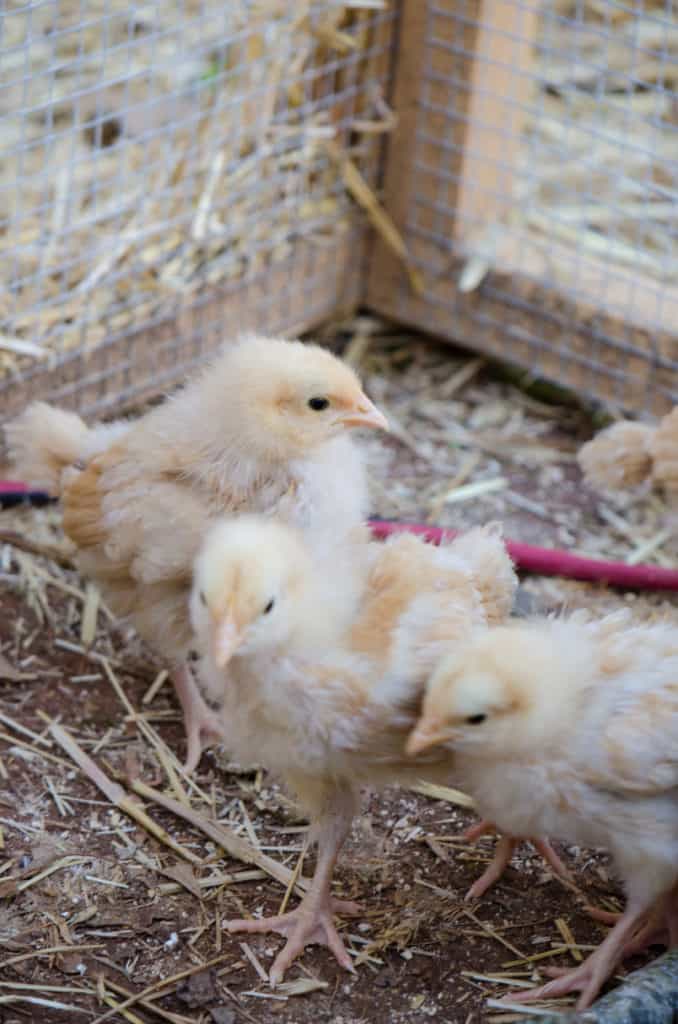
Wry Neck
There is no rhyme or reason as to how or why chickens get wry neck (or crooked neck), but there are ways to help treat the issue. Some believe that wry neck happens when there is a vitamin deficiency. Others suspect bacterial issues or even just plain genetics. There’s really no way to prevent it in chicks since we’re not sure what the exact cause is, but we can help treat it.
Treatment:
Add additional minerals and vitamins to your chick’s waterer, along with a homemade electrolyte mixture of 1 clove garlic, 1 tsp raw honey, and a handful of fresh thyme to their waterer. Do this until symptoms subside (this can take up to 1 week).
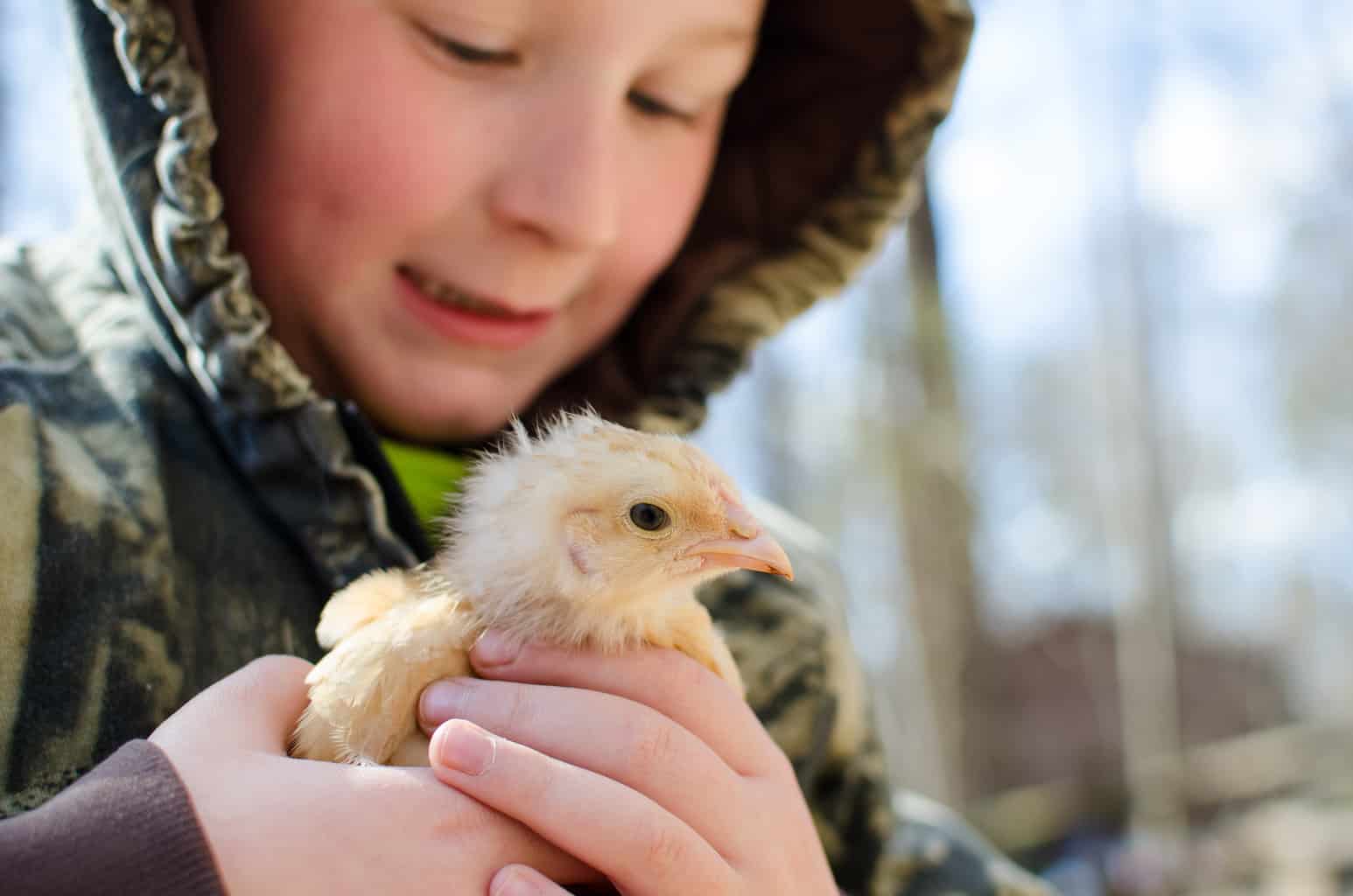
Want More Information About Chick Illnesses?
If you’d like to learn about more common chick illnesses and how to prevent and treat them, check out my new book, The Homesteader’s Natural Chicken Keeping Handbook for more recipes, information, and herbal goodness!




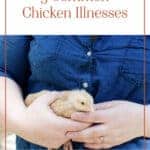
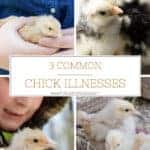



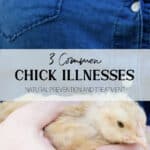


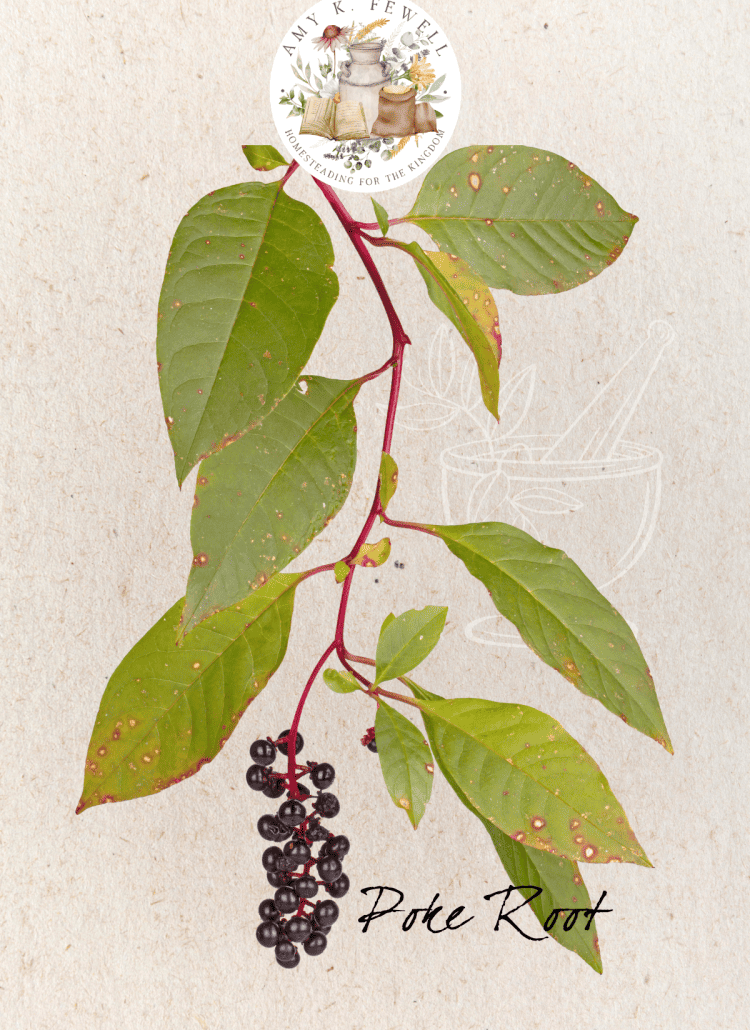
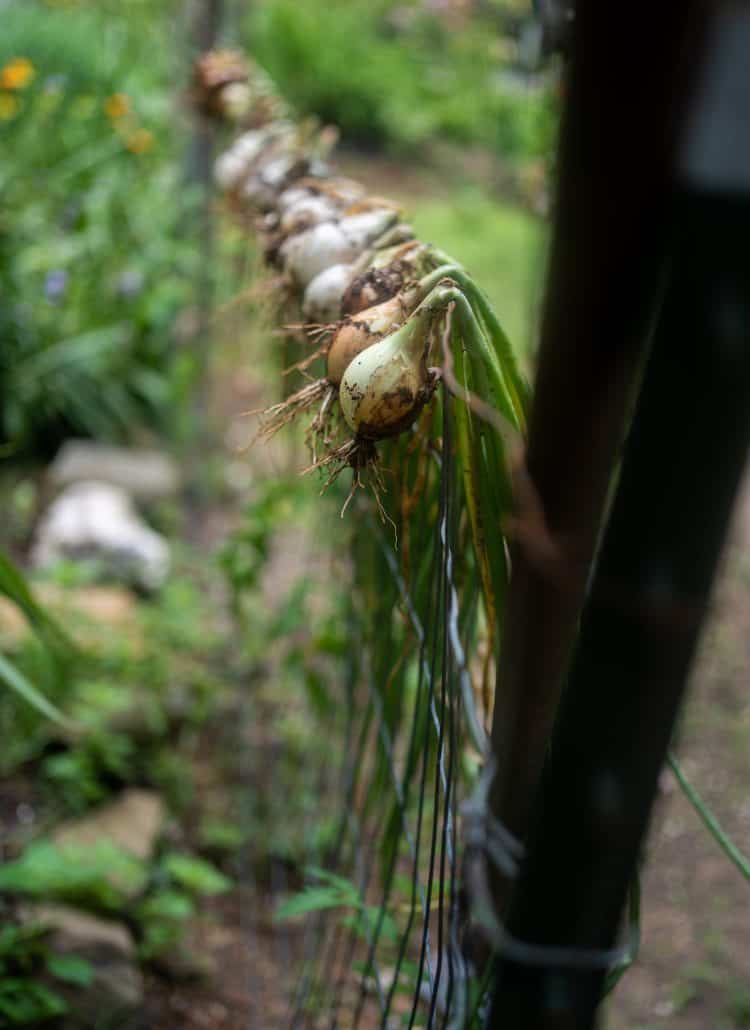
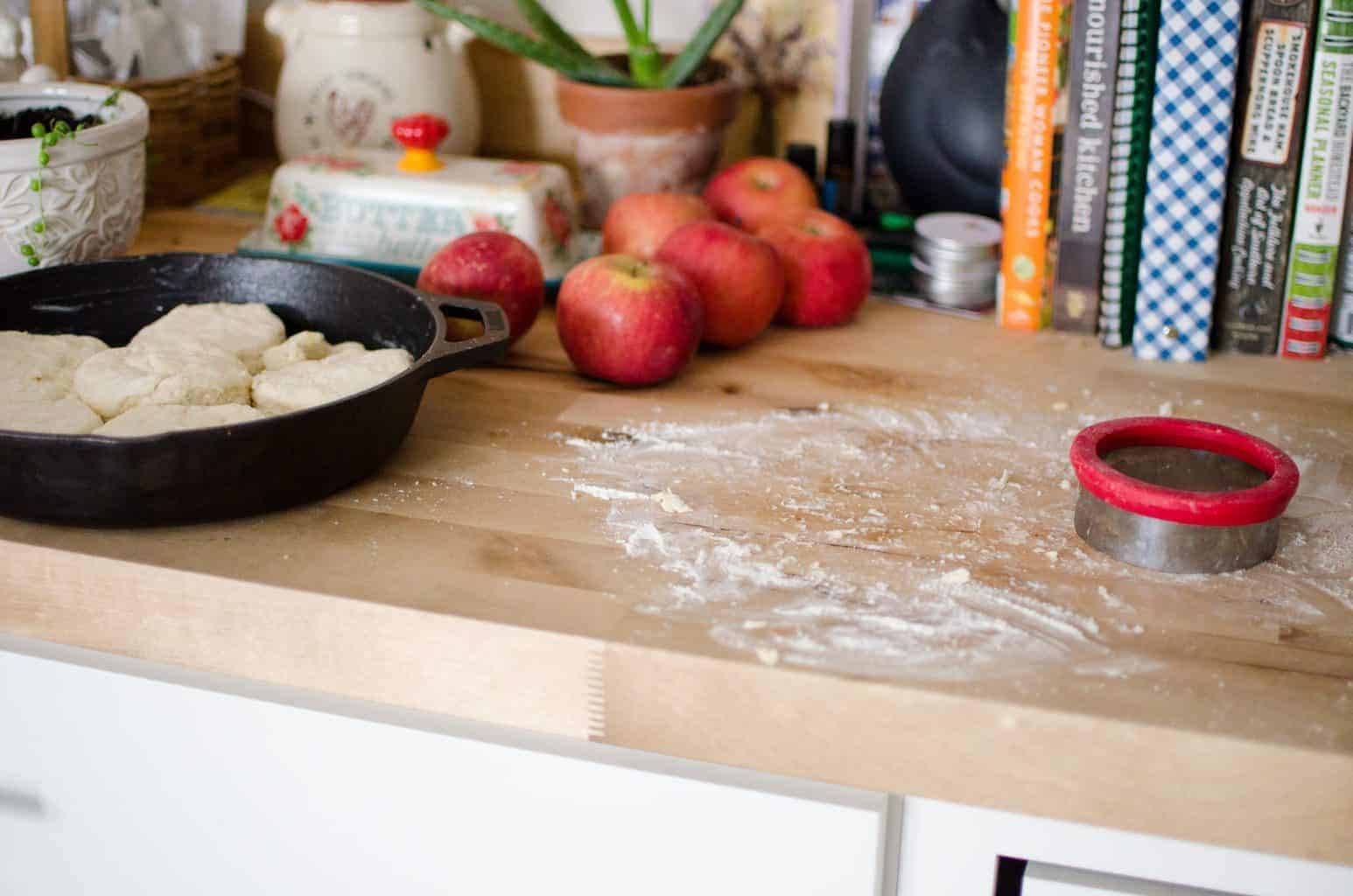
How timely for me. I have a lavender Orpington about a year old that just developed wry neck. I have been feeding her spinach and sunflower seeds since I read that it can be a vitamin deficiency. I am going to follow your instructions also.
Something I never see addressed. A lot of my chickens have poopy butts. Is there a remedy. Last year I had another lavender Orpington that got fly strike. How disgusting plus she died. I have 50 chickens so I can not clean their butts every day. Help!!!
I am ordering your book. Sounds wonderful.
When you reference chicory as a remedy, do you mean roasted chicory root, raw dried root, or leaf?
And when you diagnose wry neck, is that where your hen’s neck has a kink in it and their head is turned to the side? This is what one of our hens experienced. I though she had suffered an injury. The herbs used indicate a need for some sort of internal antiseptic. She resisted being examined, but kept laying and I regret that I did not realize it could be treated nutritionally. Thanks for the explanation
I would use chicory root, dried or fresh. And yes, that’s normally wry neck!
How much can I start with